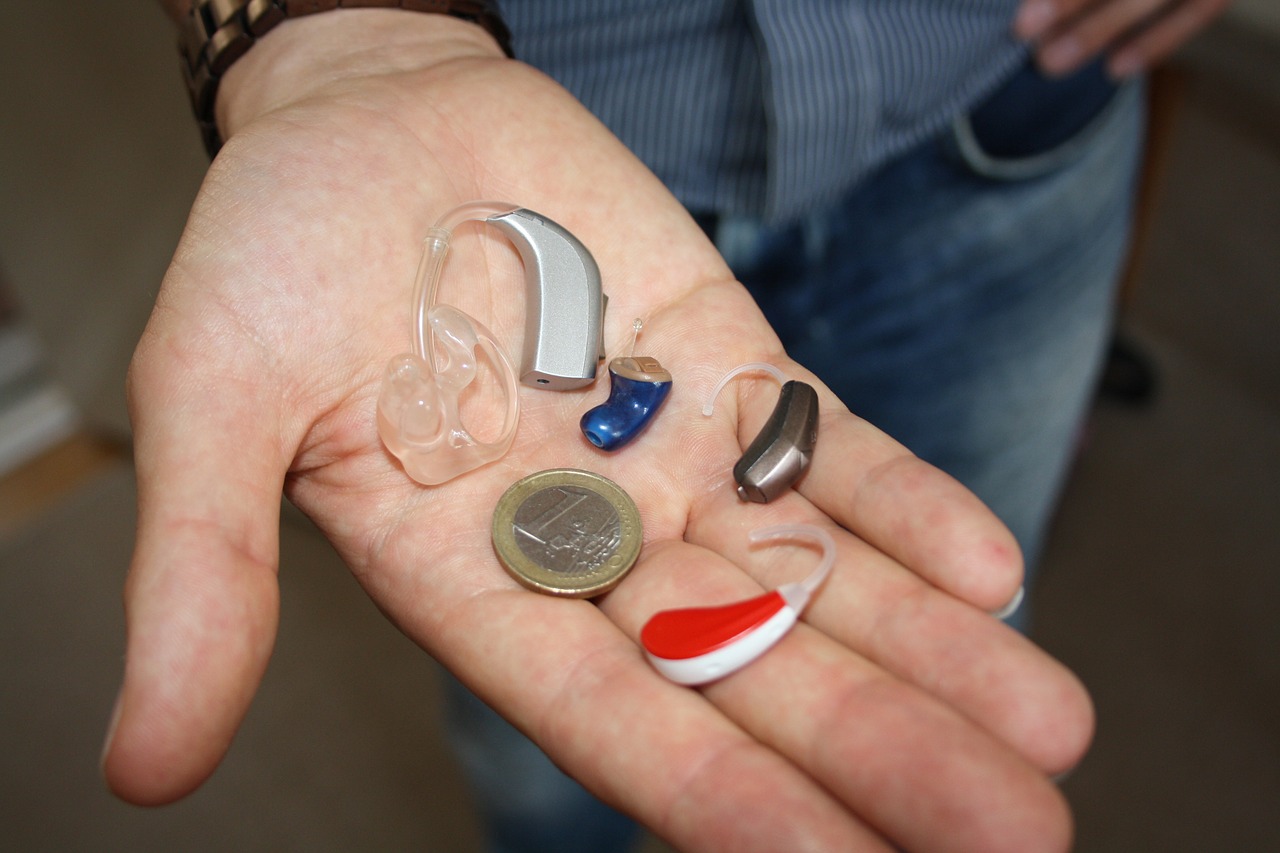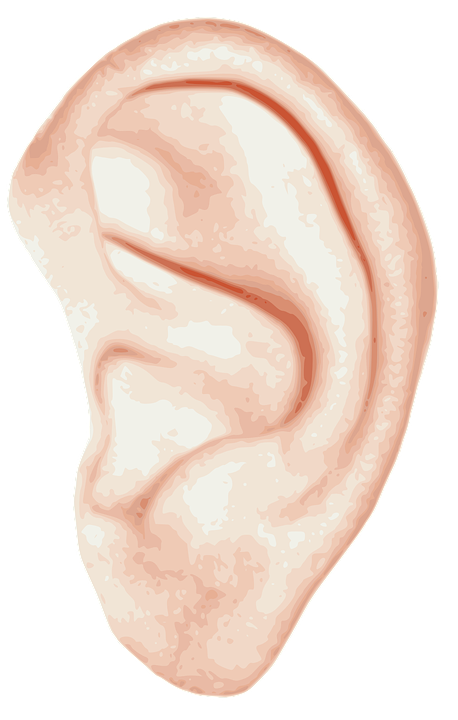Emotionally Contending With Hearing Loss That Keeps Advancing
A Common Issue For Seniors
Hearing and sight loss are issues most people deal with at some point in life. The majority of mankind will deal with this issue in the twilight years, though some experience such sensory diminution at a younger age. Even if you’re careful to maintain healthy habits throughout old age, hearing loss can come. It generally starts slow and gradually becomes worse.
Hearing loss can be extremely irritating. You may think people are talking about you when they aren’t. It may seem as if the world is ignoring you. There’s a reason those who are elderly tend to be irritable and tell others to “speak up, darn it!”. It’s because they’re experiencing hearing loss, but the perception of this loss isn’t always immediate.
Everyone lives in the central role of their own “narrative”. In our mind’s eye, we’re all the heroes. So when our heroic powers start to wane, it can sometimes feel as though the world has turned on us, rather than our own bodies. The first step to coping with hearing loss is acknowledging you’ve got a problem, and determining what to do about it.

Supplemental Hearing Solutions
If you can afford to, supplement your hearing loss with hearing aids. These become more effective and affordable with each passing year. Technological advances are getting to the point where you can almost surrogate your natural ears. While we’re not quite there yet, there are some excellent options; like these hearing aids in Southern Maine.
When you’ve got hearing aids in, you’ll want to start restructuring your life a bit. Acknowledge the issue you’re dealing with, and learn to manage it, rather than fight it. Yes, you can regain some hearing technologically. You can also learn to read lips. As well, you can augment your regular activities. Reading can help you forget reality for a while, as an example.
It’s said that hearing loss can be worse for many than sight loss. Imagine taking in a film blind, as opposed to deaf. If you’re blind you can at least hear what’s going on, and fill in the sight gap mentally. If you’re deaf, you don’t have that option. Either way, it’s notable even healthy people can see mental health decline with too much technology use.
What’s a lot better for your body mind and soul is regular interaction with people in whom you have some level of trust. Be around your family. Also, appraise them of your hearing situation. You don’t have to be shy about your feelings. Not all people are empathetic, but most who know and love you will be. If you’re just honest with them, they’ll make an effort to help you.

Should You Avoid Telling People?
Certainly you could be stoic, telling none of your issues, and letting them find out for themselves when they call your name at the top of their lungs and you don’t even realize they’re trying to get your attention. While there are many opportunities for comedic missteps here, those in such situations seldom feel there’s anything funny going on at all.
However, when you let those immediately near you know what you’re dealing with, they’ll only be too happy to try and accommodate you. They’ll become a natural support system. If you don’t have friends or family, ask your doctor about therapeutic solutions or support groups. Essentially, you want to surround yourself with a reliable support network.
Dealing With A Painful Issue
Hearing loss isn’t the end of autonomy, it’s not the end of joy, it’s not anything but an indicator of human imperfection over time. It can be managed, and you can even get much of your lost hearing back through technology solutions.
So to sum it all up: surround yourself with a support network, be honest about your emotions, learn secondary techniques like lip-reading, and consider supplementation options.
